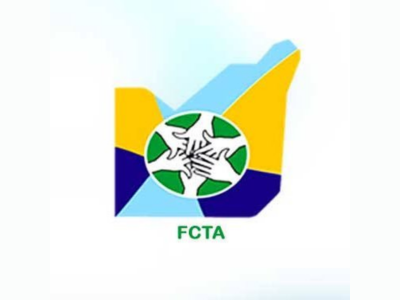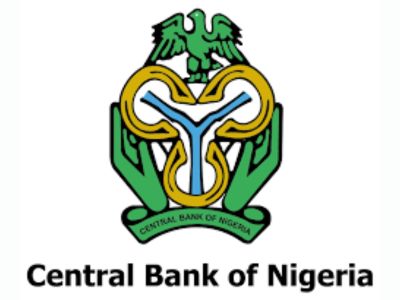JTB Reassures Nigerians: No Tax ID Needed for Bank Access in 2026
- by Admin.
- Sep 15, 2025
Credit:
The Joint Tax Board (JTB) has debunked claims that Nigerians without a Tax Identification Number (Tax ID) will lose access to their bank accounts or financial services starting January 1, 2026, addressing public concerns sparked by a misinterpreted tax reform document.
The clarification follows a widely circulated statement from Taiwo Oyedele, chairman of the Presidential Fiscal Policy and Tax Reform Committee, suggesting that taxable individuals without a Tax ID might face restrictions on banking, insurance, pension, or investment accounts under the new National Tax Administration Act (NTAA).
Oyedele’s document, titled “New Tax Acts and Tax ID – What You Need to Know,” triggered alarm after his X post posed the question: “What happens if a taxable person does not register by 1 January 2026?” His response implied potential sanctions, though he noted that non-taxable individuals are exempt from needing a Tax ID.
In a swift rebuttal on September 14, 2025, JTB spokesperson Akpe E. Adoh issued a statement emphasizing that no Nigerian will be denied banking or financial access due to lacking a Tax ID. “Nigerians are hereby assured that they will continue to have access to their bank accounts and carry out financial transactions even beyond January 1, 2026,” Adoh said, urging calm and dismissing the reports as misleading.
The JTB, which includes the Federal Inland Revenue Service (FIRS) and state revenue agencies, stressed that ongoing tax reforms aim to simplify compliance, reduce multiple taxation, and offer exemptions for vulnerable groups and small businesses.
The reforms include a harmonized National Tax Identification system, leveraging the National Identification Number (NIN) for individuals and Registration Number (RC) for businesses to generate Tax IDs automatically. With 123.5 million Nigerians enrolled for NIN as of September 2025, per the National Identity Management Commission, the system seeks to streamline processes without disrupting financial access. The JTB highlighted that most citizens will face lower taxes under the new framework, countering fears of punitive measures.













0 Comment(s)